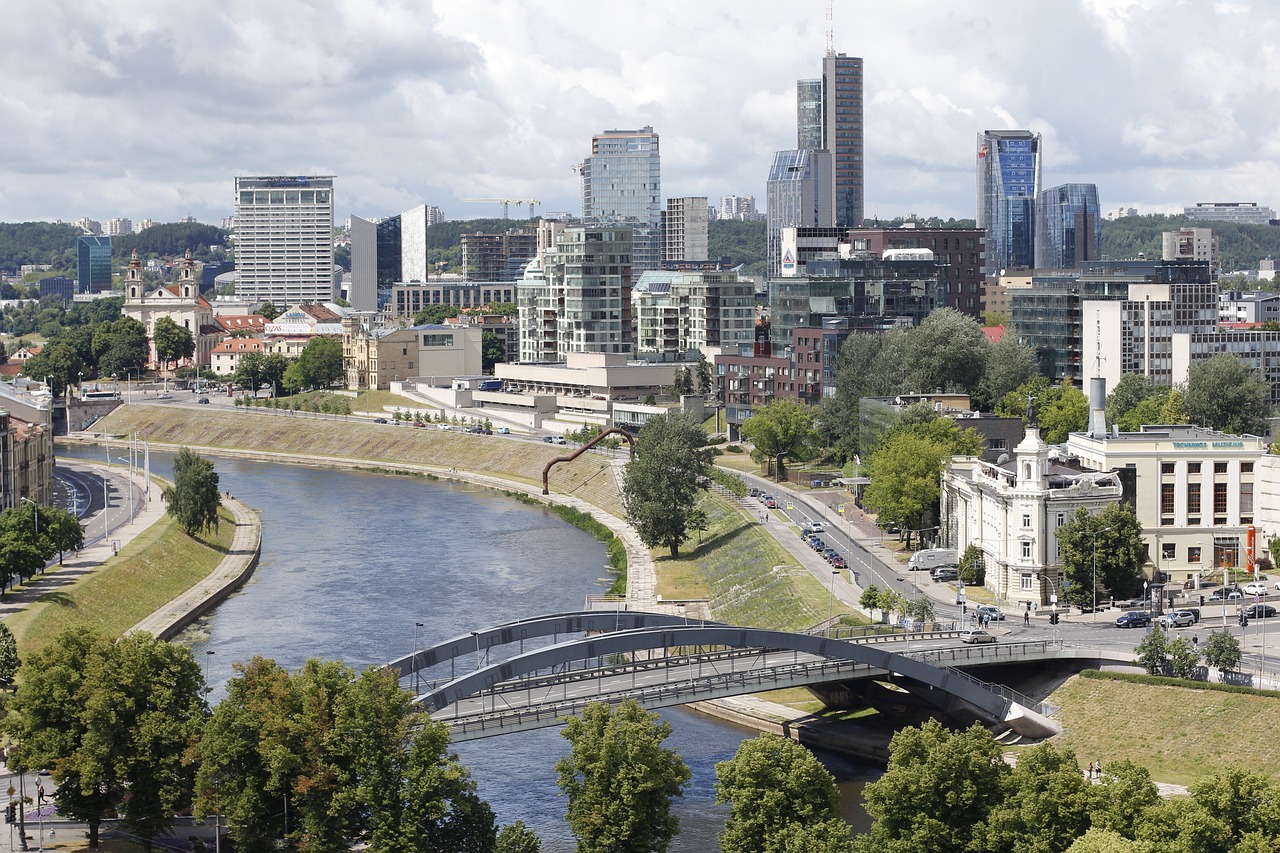A digital nomad visa is a type of visa designed specifically for remote workers and location-independent professionals. These visas enable digital nomads to reside in a country for an extended period, legally work remotely, and immerse themselves in local cultures. While some digital nomad visas are exclusively for temporary stays, others can lead to permanent residence or even citizenship. In this article, we will delve into the concept of a digital nomad visa, its advantages, and explore some countries where these visas can pave the way for permanent residence.
Understanding Digital Nomad Visas
Digital nomad visas cater to a growing population of remote workers, freelancers, and entrepreneurs who leverage technology to work from anywhere in the world. These visas provide several benefits:
Legal framework: Digital nomad visas ensure that remote workers comply with local immigration and tax laws, reducing the risk of penalties or deportation.
Extended stays: Unlike tourist visas, digital nomad visas usually allow for longer stays, enabling individuals to establish a more stable lifestyle in the host country.
Access to local services: With a digital nomad visa, remote workers can often access local services such as healthcare, banking, and education.
Path to Permanent Residence
Although digital nomad visas are primarily designed for temporary stays, some countries offer a pathway to permanent residence or citizenship.
These paths generally require meeting specific requirements, such as maintaining a stable income, demonstrating language proficiency, or fulfilling residency requirements.
Countries that offer digital nomad visas with a potential path to permanent residence include:
A. Portugal
Portugal’s D7 Passive Income Visa allows remote workers, freelancers, and retirees to reside in the country if they can prove a stable income from outside Portugal. While this visa is initially valid for one year, it can be renewed for two subsequent two-year periods. After five years of continuous legal residence, visa holders can apply for permanent residence or Portuguese citizenship after six years.
Requirements for Portuguese permanent residence include:
Proof of sufficient income
No criminal record
Basic knowledge of the Portuguese language
B. Estonia
Estonia launched its Digital Nomad Visa in 2020, allowing remote workers to live and work in the country for up to a year. Although the Digital Nomad Visa itself does not lead to permanent residence, Estonia offers other long-term visa options, such as the Temporary Residence Permit for Employment or Business, which can be a stepping stone towards permanent residence.
After five years of continuous legal residence in Estonia, individuals can apply for a long-term residence permit, which is a step closer to permanent residence.
Requirements for Estonian permanent residence include:
Stable income
No criminal record
Knowledge of the Estonian language
C. Spain
Spain offers the Non-Lucrative Visa, which allows digital nomads and other individuals with sufficient financial means to reside in the country without engaging in any local business or employment activities. The Non-Lucrative Visa is valid for one year and can be renewed for two additional two-year periods.
After five years of continuous legal residence in Spain, individuals can apply for permanent residence, while citizenship can be obtained after ten years of legal residence.
Requirements for Spanish permanent residence include:
Proof of sufficient income
No criminal record
Knowledge of the Spanish language and integration into Spanish society
D. Germany
Germany offers the Freelance Visa, which allows self-employed individuals and freelancers to live and work in the country. This visa can be valid for up to three years, depending on the applicant’s circumstances.
After five years of continuous legal residence, Freelance Visa holders can apply for a German permanent residence permit, known as the Settlement Permit. German citizenship can be obtained after eight years of legal residence, provided specific conditions are met.
Requirements for German permanent residence include:
Stable income and ability to support oneself financially
Adequate German language proficiency (usually B1 level)
No criminal record
Successful completion of a citizenship test, which covers German legal and social systems, as well as living conditions
E. Canada
While Canada does not have a specific digital nomad visa, it offers several immigration programs that can accommodate remote workers and freelancers, such as the Express Entry system, which includes the Federal Skilled Worker Program (FSWP), the Federal Skilled Trades Program (FSTP), and the Canadian Experience Class (CEC). These programs allow skilled workers to obtain permanent residence in Canada based on factors such as age, education, work experience, and language proficiency.
Once permanent residence is granted, individuals can apply for Canadian citizenship after three years of physical presence in Canada within a five-year period.
Requirements for Canadian permanent residence and citizenship include:
Meeting the eligibility criteria for one of the Express Entry programs
No criminal record
Adequate English or French language proficiency
Passing a citizenship test, which covers Canadian history, geography, and the responsibilities and privileges of citizenship
Challenges and Considerations
While the pathway to permanent residence through digital nomad visas or related programs can be appealing, there are several challenges and considerations to keep in mind:
Legal and financial requirements: Obtaining permanent residence often involves meeting specific income, language, and integration requirements, which can be challenging and time-consuming.
Tax implications: Living and working in a foreign country can have tax implications, both in the host country and the individual’s home country. It is essential to understand and comply with tax laws and regulations.
Cultural adaptation: Adapting to a new country’s culture, language, and customs can be a challenging process and may require significant effort and dedication.
Uncertainty: Immigration laws and regulations can change, and there is no guarantee that a digital nomad visa will always lead to permanent residence or citizenship.
Conclusion
Digital nomad visas offer remote workers the opportunity to live and work in different countries while potentially paving the way for permanent residence or citizenship. Countries such as Portugal, Estonia, Spain, Germany, and Canada offer visa programs that can be suitable for digital nomads seeking long-term residency options. However, individuals considering this path should carefully evaluate the legal, financial, and personal implications of obtaining permanent residence in a foreign country. By doing thorough research and understanding the requirements and challenges involved, digital nomads can make informed decisions about their long-term residency goals.














